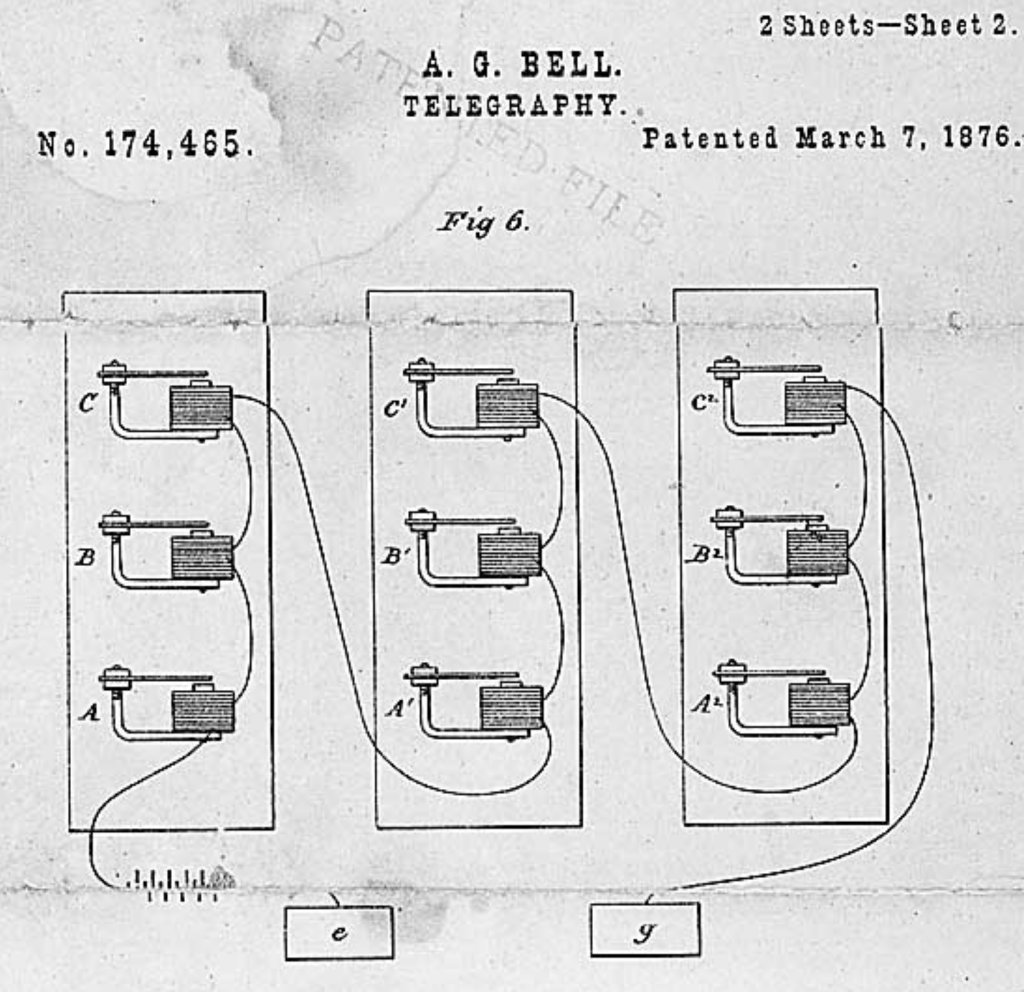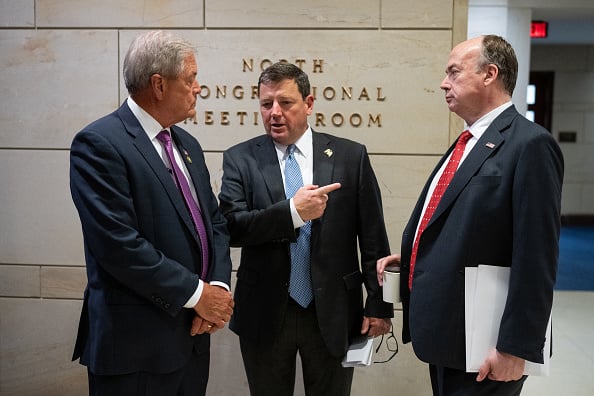The future of the National Labor Relations Board (NLRB or Board), the venerable agency that since 1935 has been the exclusive investigation, enforcement, and adjudicatory body under the National Labor Relations Act (NLRA or Act), 49 Stat. 449 (1935), is in doubt. Although the subject of over 50 Supreme Court decisions and several thousand federal appeals decisions, the Supreme Court’s relatively new “unitary executive” jurisprudence raises serious questions over whether the President can unilaterally remove members of the Board before their terms have expired and without demonstrating cause for such removal, as defined in the Act.
The constitutionality of a multimember agency like the NLRB was upheld in the Court’s unanimous 1935 decision in Humphrey’s Executor v. United States, 295 U.S. 602. In an opinion authored by Justice George Sutherland, one of the conservative “Four Horsemen” on the Court presumably bent on overturning much of President Franklin Delano Roosevelt (FDR)’s New Deal agenda, the Court upheld the Federal Trade Commission’s structure (similar to the NLRB) even though the President could not remove FTC Commissioners at will before their term was up. It explained that Congress can create agencies outside the executive departments to enforce federal statutes provided they do not wield “purely executive” powers but, rather, exercise “quasi-judicial” and “quasi-legislative” powers. Though its reasoning may appear a bit opaque to today’s readers, the essence of the Court’s ruling was that the executive power of the United States could be shared between the President and these multimember agencies. For the Humphreys Court, it was ultimately a question of institutional design for Congress to decide in the first instance: statutes lodged with the executive departments would be presumed to be under the control of the President, subject to the substantive provisions of the legislation. Those committed to multimember agencies were somewhat shielded from executive control. Under the Constitution’s Appointments Clause, the President had to appoint the agency heads (i.e., the Commissioners) subject to the Senate’s consent, but he could not remove them without cause during their terms. Over time, Humphrey’s Executor’s reasoning has been extended to the NLRB and many other federal multimember agencies.
This stable jurisprudence first began to unravel with Justice Antonin Scalia’s fiery dissent in Morrison v. Olson, 487 U.S. 654 (1988), a decision sustaining the constitutionality of the Ethics in Government Act of 1978, 92 Stat. 1824. That law created a special court and independent counsel not subject to the usual executive oversight and removable by the Attorney General only for cause. His dissent reasoned that law enforcement was a purely executive function that could not be shielded from the President’s removal authority implied under Article II’s vesting of the entire executive power in the President. For Justice Scalia, for the President to be able to “faithfully execute” the laws of the United States, as Article II requires, the President had to have the untrammeled authority to remove at will officers of the United States who exercise executive authority.
A further step in the Supreme Court’s recognition of the central importance of an uncabined presidential removal power came in Chief Justice John Roberts’ opinion for the Court in Free Enterprise Fund v. PCAOB, 561 U.S. 477 (2010), a case involving the Sarbanes-Oxley Act of 2002, 116 Stat. 745. The Court ruled that the board members of Sarbanes-Oxley’s Public Company Accounting Oversight Board (PCAOB)—considered to be “inferior officers” who could be appointed by the agency head or a court of law (rather than the President)—could not constitutionally be shielded from presidential removal when the members of the Securities and Exchange Commission (SEC), the agency that supervises the PCAOB, were themselves presumed to be protected from at-will removal. The opinion holds that “such multilevel protection from removal is contrary to Article II’s vesting of the executive power in the President.”
A third step was in Seila Law, LLC v. Consumer Financial Protection Bureau, 591 U.S. 197 (2020), another opinion for the Court by Chief Justice Roberts. The Court held that Congress in the Dodd Frank Wall Street Reform and Consumer Protection Act (Dodd-Frank), 124 Stat. 1376 (2010), could not constitutionally create a single-head “independent agency” and immunize that official from at-will removal by the President. Although the opinion extensively discusses the special problems with single-head as opposed to multimember independent agencies, the Court emphasized that it left in place “two exceptions to the President’s unrestricted removal power.” One exception was for “inferior officers” of the United States “with limited duties and no policymaking or administrative authority….” The other for “multimember executive agencies that do not wield substantial executive power….” These exceptions, the Court noted quoting then-Judge Brett Kavanaugh’s dissenting opinion in the D.C. Circuit’s opinion in the Free Enterprise Fund litigation, 881 F.3d 75 (2018), “represent what up to now have been the outermost constitutional limits of permissible congressional restrictions on the President’s removal power.”
Those who recognize the importance of the NLRA to our economy and system of industrial justice might hope concerns that overruling or substantially limiting Humphrey’s Executor might place in doubt the continued viability of the Federal Reserve Board, whose members are also shielded from at-will removal by the President, would prompt the Court to continue to adhere to Humphrey’s in full or rule that the Board does not exercise “substantial executive power”. Those hopes have been dashed in substantial part by the Court’s decision in Trump v. Wilcox, No. A24A966 (May 22, 2025), staying a lower court ruling requiring the reinstatement of a member of the NLRB and a member of the Merit Systems Protection Board (MSPB), a multimember body that handles federal employee disputes. The Court explained that “[t]he stay reflects our judgment that the Government is likely to show that both the NLRB and the MSPB exercise considerable executive power.” The Court made clear, however, that it was not deciding on an application for a stay whether either agency falls within a “recognized exception” from unrestricted presidential removal authority under Seila Law and Free Enterprise Fund.
The Board’s future, as presently constituted, will be decided at the earliest in the Supreme Court’s 2025-2026 Term. It is possible the Court might limit the impact of its ruling by severing from both agencies their law enforcement, as opposed to adjudicatory, powers—in the Board’s case, its authority to issue regulations, to approve applications to seek Section 10(j) injunctions in court, and to supervise the regional offices in Representation cases. Perhaps, in this manner, the NLRB can survive a post-Humphrey’s Executor world. The more likely course would be to encourage Congress to reconstruct the NLRB as a purely adjudicatory body along the lines suggested in Samuel Estreicher, G. Roger King & David S. Sherwyn, Labor Board Needs Restructuring, Not Destruction, The Regulatory Review, May 27, 2025.



























